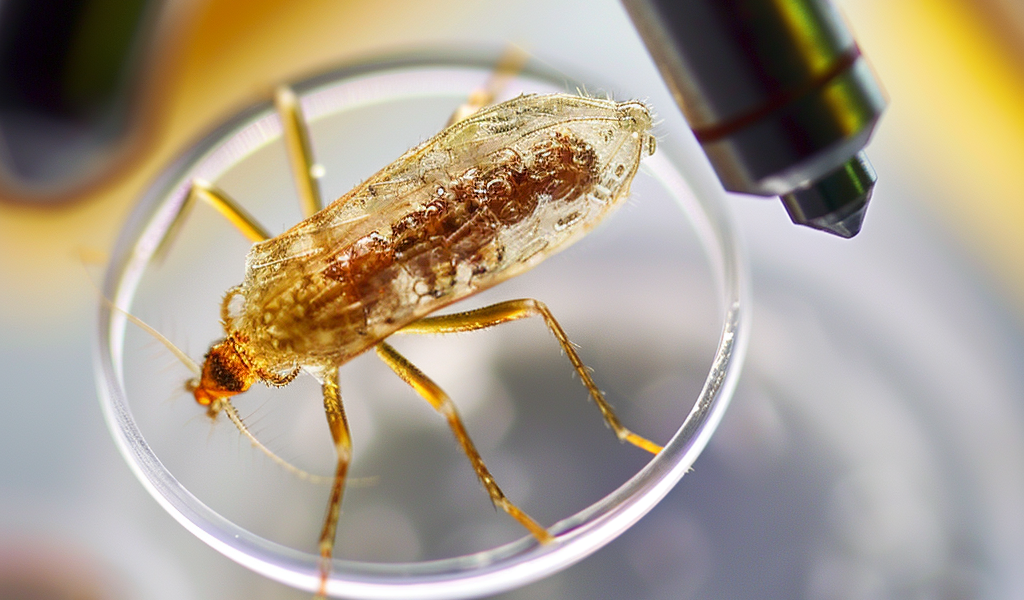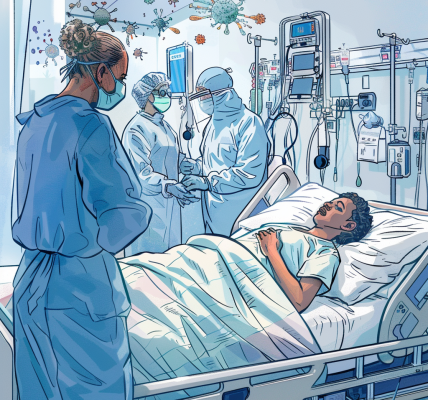Scientists have made a groundbreaking discovery in understanding drug resistance in malaria parasites. Researchers from the Singapore-MIT Alliance for Research and Technology (SMART), in collaboration with MIT, Columbia University Irving Medical Center, and Nanyang Technological University in Singapore (NTU Singapore), have identified a new mechanism behind the development of resistance to the antimalarial drug artemisinin (ART).
The study focused on a cellular process known as transfer ribonucleic acid (tRNA) modification, which plays a crucial role in influencing the malaria parasite’s ability to resist treatment. This process enables cells to adapt quickly to stress by modifying RNA molecules within the cell, ultimately leading to drug resistance.
By shedding light on how malaria parasites respond to drug-induced stress and evolve resistance, this research opens up possibilities for the development of innovative drugs to combat resistance. Malaria remains a significant global health concern, with millions of cases and hundreds of thousands of deaths reported annually.
Artemisinin-based combination therapies are currently the primary treatment for uncomplicated malaria, with ART derivatives working to reduce parasite numbers in the initial days of treatment, followed by a partner drug to eliminate the remaining parasites. However, the emergence of resistance, particularly in the deadliest malaria-causing species, Plasmodium falciparum, poses a significant challenge.
The research findings, published in the journal Nature Microbiology under the title ‘tRNA modification reprogramming contributes to artemisinin resistance in Plasmodium falciparum,’ highlight the critical role of tRNA modifications in the development of resistance. This discovery underscores the urgent need for novel treatment strategies to combat the growing threat of drug-resistant malaria.





